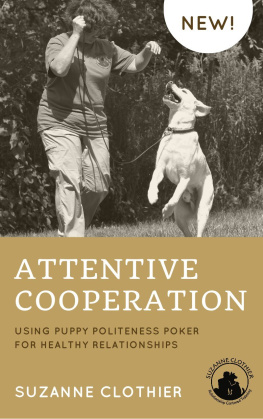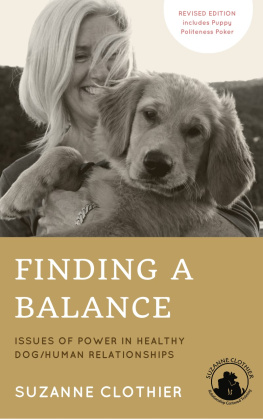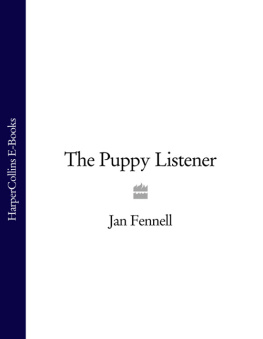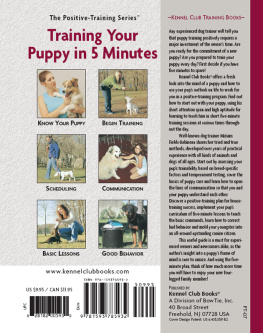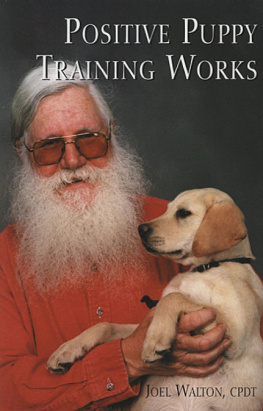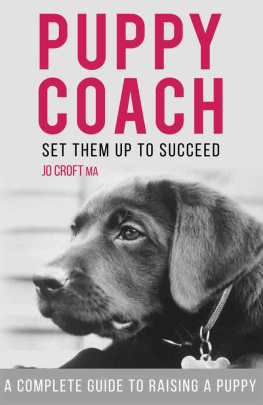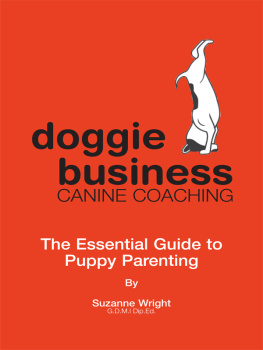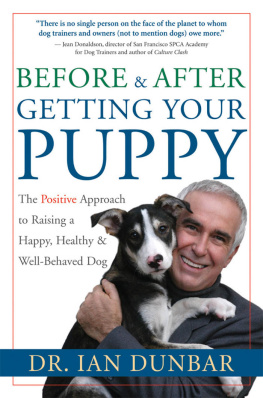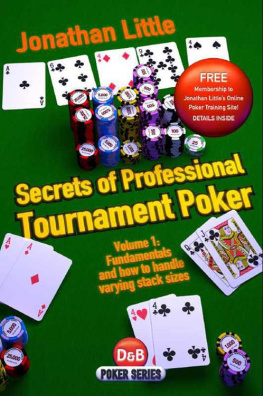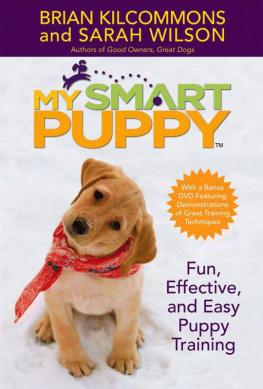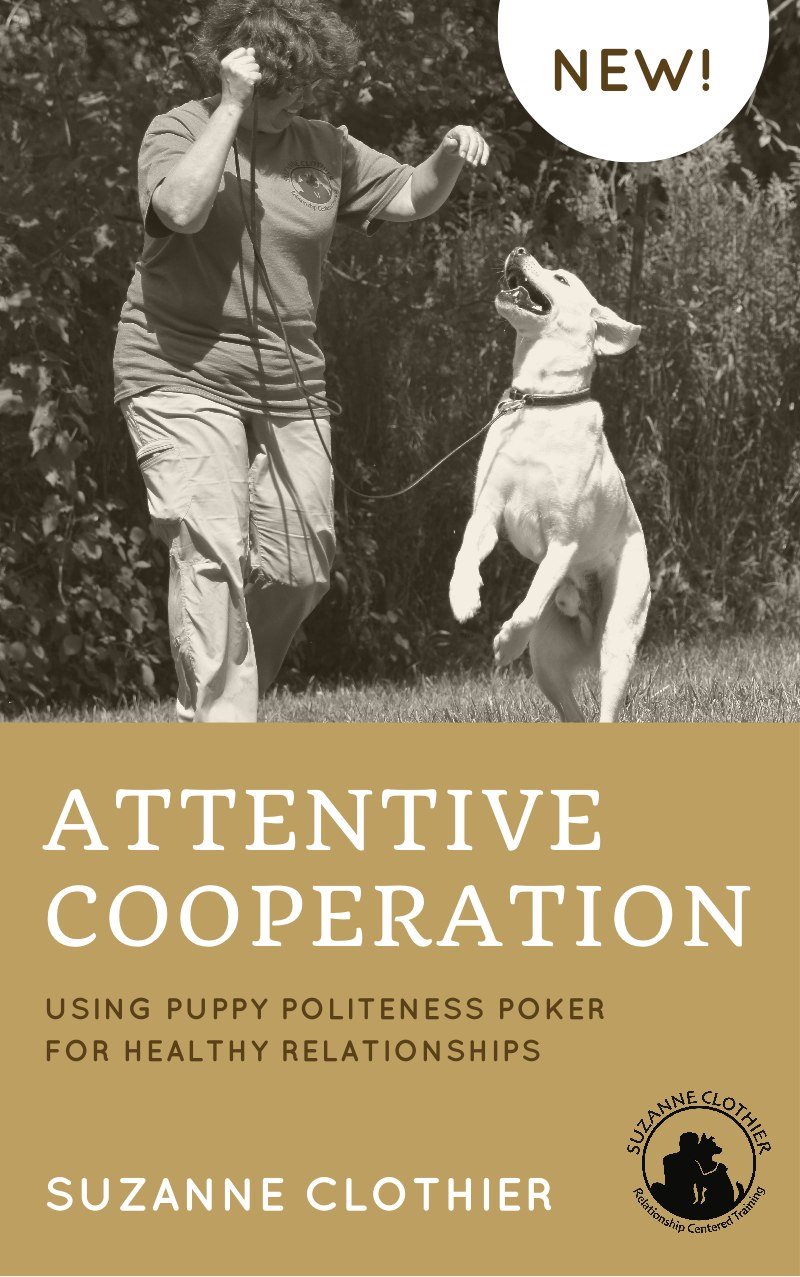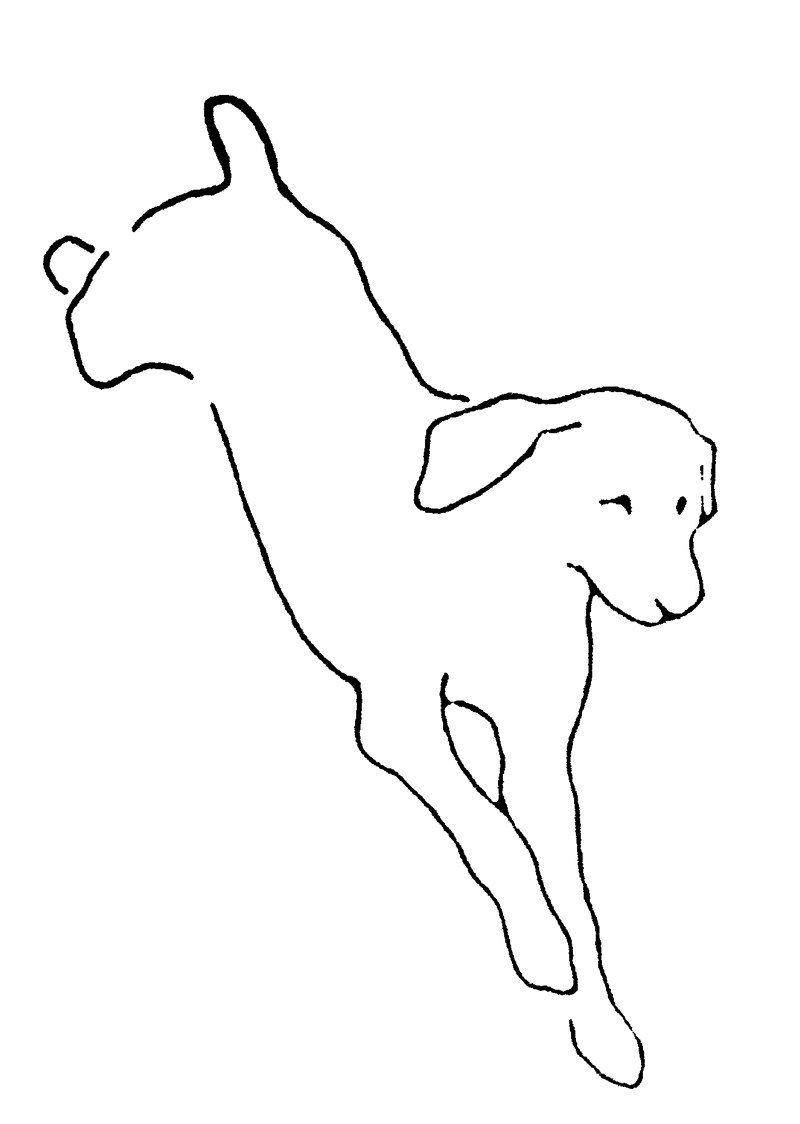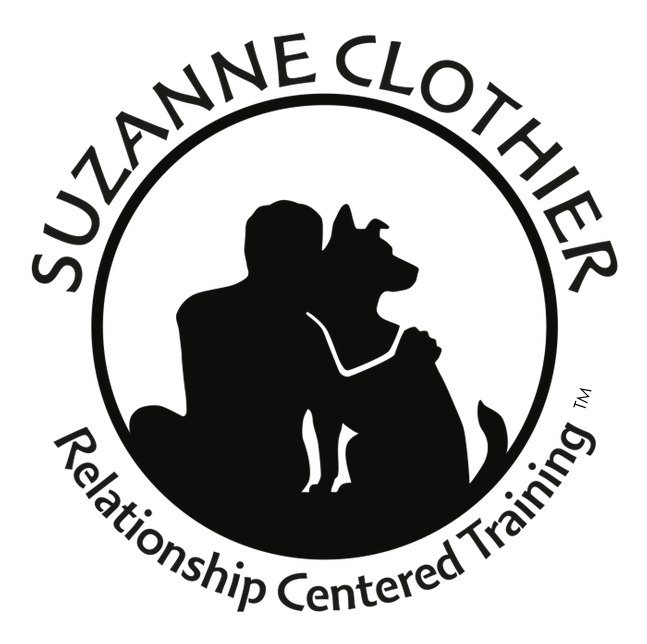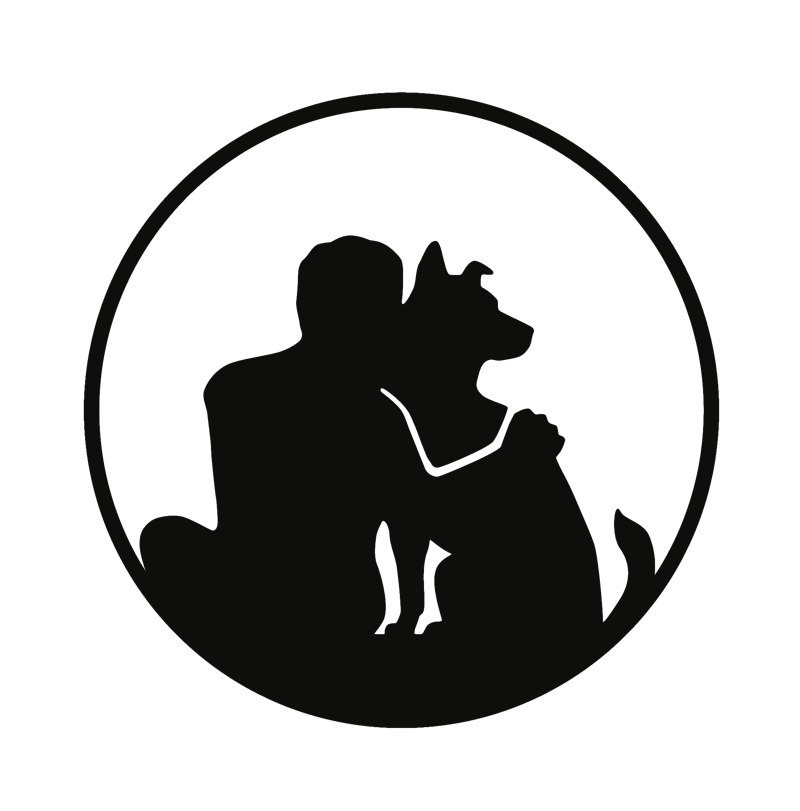Copyright 2016 by Suzanne Clothier. All rights reserved.
N o part of this book may be reproduced in any form or by any electronic or mechanical means, including information storage and retrieval systems, without written permission from the author, except for the use of brief quotations in a book review.
PO Box 105 St. Johnsville NY USA 13452
H ealthy Relationships & Attentive Cooperation
W hether you have a newly adopted dog, a brand new pup, a challenging adolescent dog, or any age dog with behavior problems, Puppy Politeness Poker (PPP) can be helpful.
Puppy Politeness Poker teaches your dog to be attentive and cooperative in return for real life rewards (RLR). Easy, quick interactions throughout the day create positive changes in the dog/human relationship.
What the dog learns through PPP is simple and important: You do this for me, Ill do that for you.
Effective and humane, Puppy Politeness Poker:
- relies on intrinsic motivation
- uses real-life rewards
- develops attentive cooperation
- teaches self-control
- improves communication
- is force-free, no equipment necessary
- is non-confrontational, making it suitable for dogs with aggression or other behavior issues
Started early in life, attentive cooperation becomes the natural response from the dog.
You may discover the value of PPP when your adolescent dog is sliding out of control. PPP is useful for teaching teenage dogs self control, and can help rebalance the relationship in humane, effective, force-free ways.
PPP is ideal for dogs who havent yet learned about kind relationships with people. PPP emphasizes choice for the dog, and offers a way for the dog to feel in control of his life.
Lets take a closer look at how and why Puppy Politeness Poker works.
D o You Have A Trust Fund Puppy?
S ome dogs remind me a lot of the famous socialites notable for well, for what? Lets just say the fame has not resulted from these folks being hard working members of society. If anything, they appear to be utterly free of the responsibilities that shape most peoples lives. Trust fund babies have their every material need provided for, without expectations or even consequences for what they do or dont do.
Trainers know that there are Trust Fund Puppies. Like their human counterpart, the Trust Fund Puppy neither toils nor does he spin. A Trust Fund Puppy is one who has no real obligations to behave in particular ways. No matter what the dog does or does not do, life rolls right on.
Ignore your handler? No worries, there wont be any consequences. Feel free to keep doing whatever you like. In fact, your handler will probably just keep repeating signals. Sloppy responses? Youll get praise and some treats anyhow.
This is a lot like telling a trust fund kid to clean his room. Repeatedly. And when that doesnt work, do it for him. And then tell him how good he was to clean his room, and see if you can add a cash bonus too. That doesnt sound too sensible, does it?
Most readers understand that their behavior has consequences. Fail to show up for work? You soon wont be drawing a pay check. Do sloppy or inaccurate work? If your boss has any sense, you wont be her employee for long. Unless we are independently wealthy, we understand that we have to earn the good things in life that we want.
But when it comes to dogs, we lose all this common sense. Surprisingly often, well intentioned and loving dog handlers create relationships where the dog has no real responsibility. Whether he cooperates or not, all good things still come to him.
It comes as a shock to many handlers to discover that their darling dog is a Trust Fund Puppy. It is a bigger shock to the handlers to learn that they created the Trust Fund Puppy.
Here are some common ways handlers teach their dogs to be Trust Fund Puppies:
The dog learns that he need not pay close attention to his handlers unless he chooses to.
How it happens: the handler does all the work of keeping track of the dog, sometimes following him wherever he goes.
The dog learns that signals will be repeated with no consequences for slow or inaccurate responses.
How it happens: the handler patiently waits for the dog to be ready; repeats commands; accepts and rewards slow or inaccurate responses.
The dog learns that he may be physically controlled by leash and collar; no need to control himself.
How it happens: the handler will attempt to physically restrain the dog with collar, harness, head halter and/or leash. At times, they may even wrestle with the dog as needed.
The dog learns that he can rely on a constant stream of verbal information from the handler.
How it happens: Bitsy, here! Come on, Bitsy, lets go... Bitsy... Bitsy! BITSY!!! I mean it! Now! Sound familiar?
The dog learns that the handler will follow along, monitor, nag, chum, lure, beg, cheerlead, etc.
How it happens: The handler reliably follows, monitors, nags, chums, lures, begs, cheerleads, offering treats or toys or trying to be exciting to the dog. Consistently, and ironically, this diligent attention from the handler creates an inattentive dog.
I ntrinsic Motivation
I ntrinsic motivation is motivation that comes from within the dog. The dog wants something, and is motivated to find out how to make that happen.
Most handlers have experienced what an intrinsically motivated dog is like. For many dogs, meal times are a big deal. Their focus is riveted on figuring out what they have to do in order to get the food bowl put on the ground. Because it matters intensely to the dog, he pays very good attention.
Most handlers have also experienced the limits of extrinsic motivation. Maybe you ran out of treats - and the dogs willingness to keep working with you evaporated. Maybe you tried paying less for an established behavior. Gradually the dogs performance deteriorates. In essence, if the behavior is extrinsically motivated, without ongoing reinforcement the dog sends a clear message No cookies, no work!

